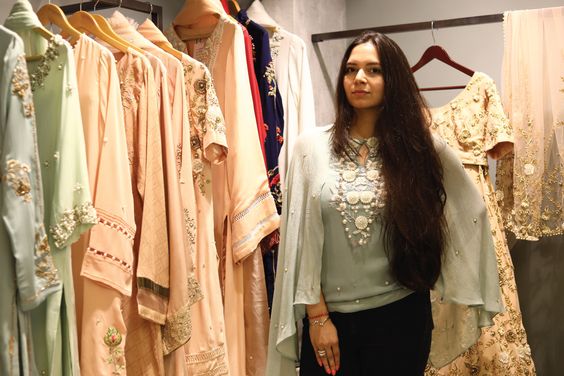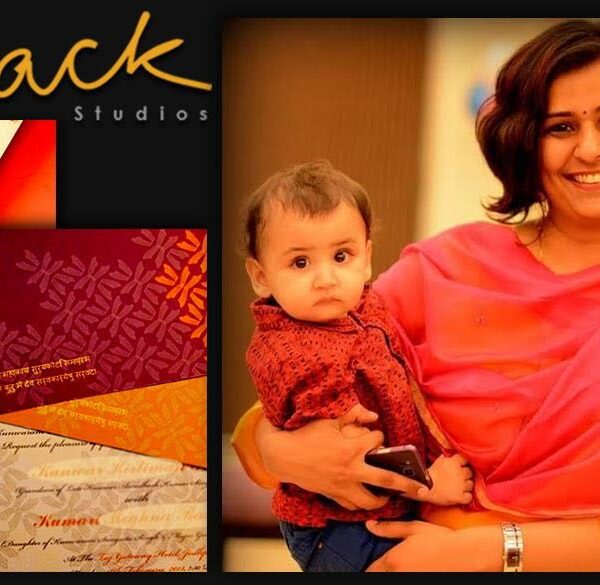The fragrance of new tagged clothes, the rustling of crisp shopping bags, the satisfying click of the “add to basket” on online portal, the swift swoosh of the debit card at the billing till and the immense joy of feeling like a million bucks when you hug your purchase close to your chest are all the emotions a consummate shopaholic is known to display.
If you nodded and related to all of the scenarios above, then welcome to the Shopaholics Anonymous (SA) summit. It’s a safe judgement-free zone.
If you’re still wondering whether you are a shopaholic or not then let me simplify it further. Do you compulsively shop under stress, out of sheer boredom, happiness, sadness, anger or any other range of emotion in between? If your answer is yes, then you are a compulsive shopper, my friend, and hence a shopaholic. And it isn’t entirely your fault though because we live in the era of booming consumerism that nurtures shopaholics with lucrative and irresistible offers.
The society where retail therapy is more prevalent and celebrated than psychiatric therapy, how far is too when it comes to a little self-indulgent #treatyoself?
Have you ever wondered what goes on in the minds of a shopaholic? We did too! So to solve this puzzle for once an all we interviewed various self-proclaimed shopaholics, who enlisted varied reasons about what makes them shop till they drop.
“Shopping makes me feel happy and content,” says the 30-year-old Interior Designer, Jasmine Bhamra. She is a mother of one, who indulges in shopping to love herself more and to keep herself updated with the trending fashion.
How do you treat yourself for attaining your desired body goals? Simple, by updating your wardrobe. 25-year-old, Manasi Gandotra says, “I often shop after I’ve lost weight, so I can buy things I normally don’t ”
People say that shopping releases dopamine, the feel-good hormone, in their systems which induces the general sense of euphoria and the young Industrialist, Saransh Jain affirm to this belief by adding, “I work a lot, so I shop to make myself happy and treat myself.” He says that he feels “happy, accomplished and satisfied” after a long shopping spree.
Christmas is the time of the year when we celebrate the joy of giving and 23-year-old, Nitika Nischal says that “I like being my own Santa and buy myself things to feel important.”
Social media knows everything and 25-year-old Nikunj Dogra swears by this notion. He says, “You can’t repeat the same clothes because all your looks go online on social media now, so everyone knows it. You can’t repeat a look more than twice when you attend multiple parties. That’s why I have to shop a lot.”
Hold on a minute though, all these reasons are well and good but what about mindful living? Is it not our responsibility to safeguard the environment for our fellows in the food chain as well as the future generation? Climate change is knocking hard on our doors and it’s time we shake ourselves from this blissful slumber of ignorance and take responsibility for our actions.
Sustainable living should be the approach of the #woke generation. The ideal choice of living a mindful life will contribute as a reforming step towards a better tomorrow. It is easy to indulge in the evils of consumerism, unabashed branding and the world trying to sell you everything your eyes can see, but all you have to do is stop, think and act before you swipe that card again.
However, you can’t transform your consumerist lifestyle to a minimalistic mindful one in a jiffy. The Health and Wellness Coach, Shambhavi Singh says that “Mindfulness comes from a space of awareness of the self and the surroundings. Being mindful of the way you breathe is the first step. It makes you more aware of the actions you take and helps you in dealing with your emotions better. It simplifies your day to day life.”
She further delineates that to lead a sustainable lifestyle, “One needs to understand the source of the product you’re purchasing. It includes looking out for things that are sustainable, organic, and local and doesn’t increase the carbon footprint. Think about the reason for your purchase. Evaluate if that purchase you plan to make is want-based or need-based.”
“Do I really need it?” Ask yourself this simple question before buying anything and you’ll decode the crux of need and want.
The baby steps you can take to adopt the sustainable lifestyle are:
- Don’t let SALE tempt you. Your whims and fancies will not just affect your bank balance but also the environment
- Go to the local farmer’s market to get monthly groceries and carry your own bags so that you don’t get conned with the lucrative money-making schemes of “buy one and get one free” run by the supermarkets.
- Eliminate the use of plastic bags, paper bags and introduce reusable cloth/jute bags in your life. Yes, that also means you have to say goodbye to online shopping.
- Adopt the Capsule Wardrobe where you choose 10 articles of clothing for a season that can be mix-matched, so you get a new outfit every day!
- Be a smart consumer.
Follow this guide to lead a sustainable lifestyle and remember:
Minimalism is not just good for your soul but also for nature.












